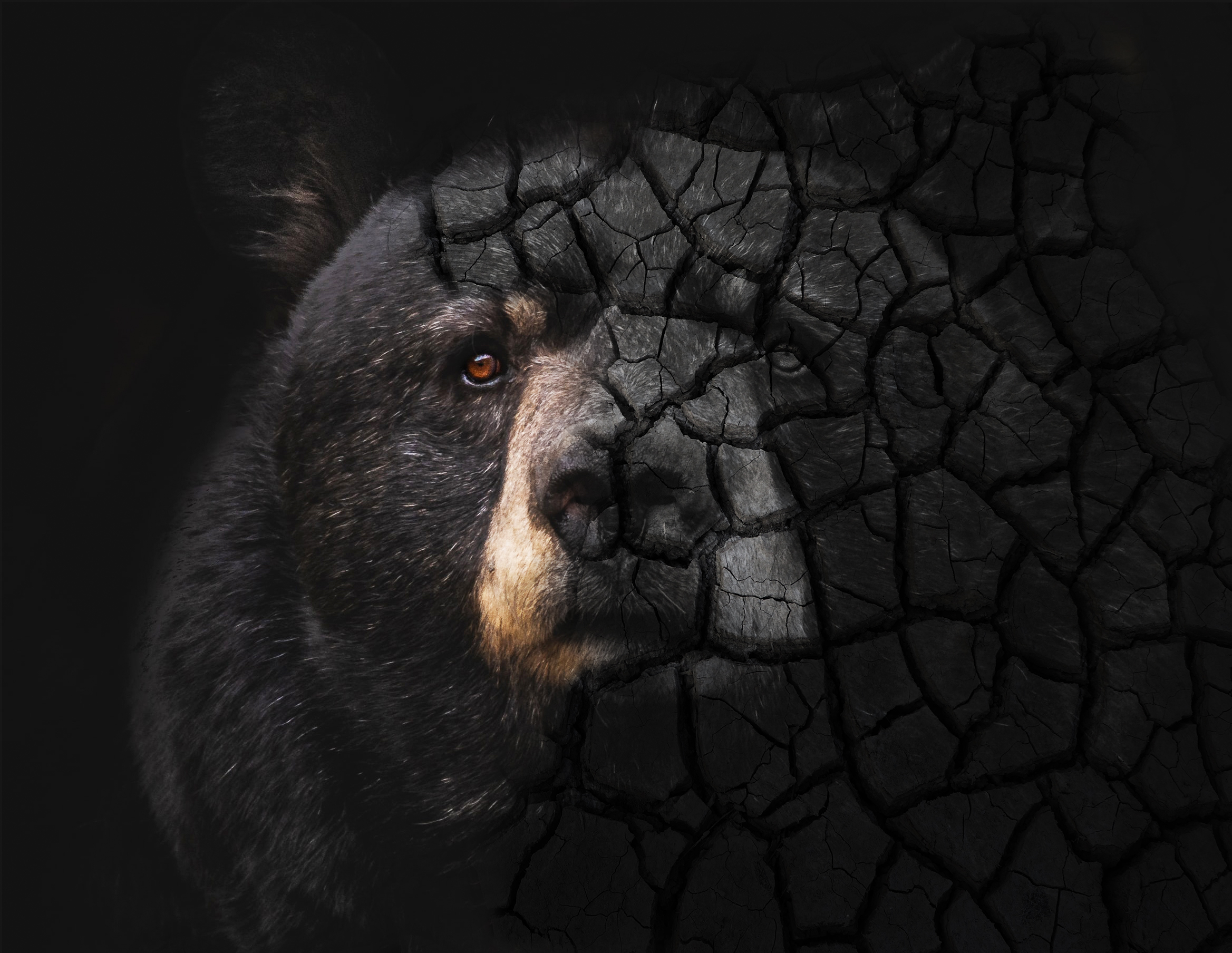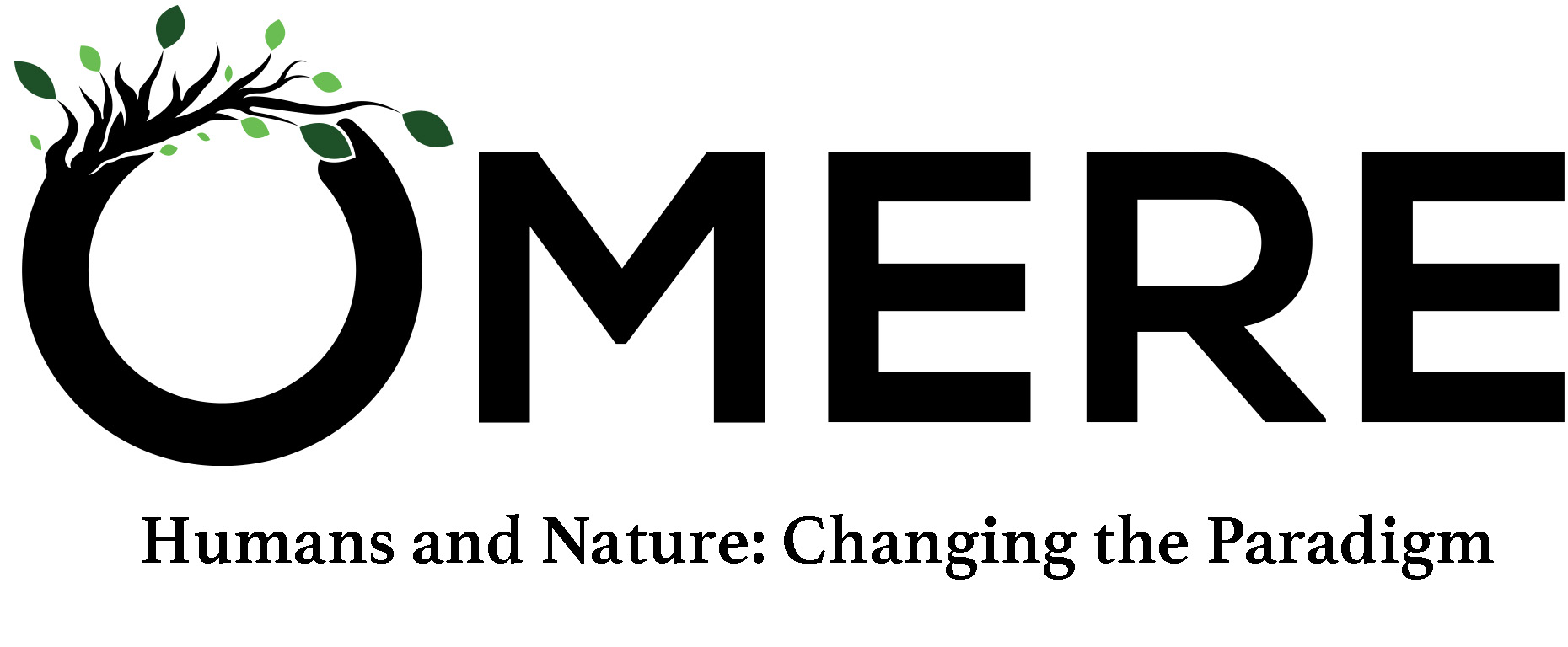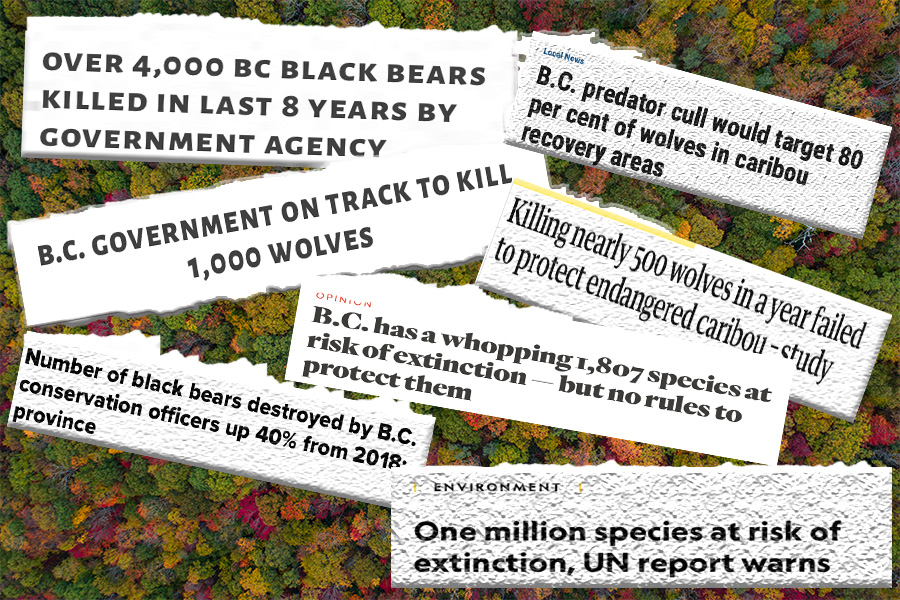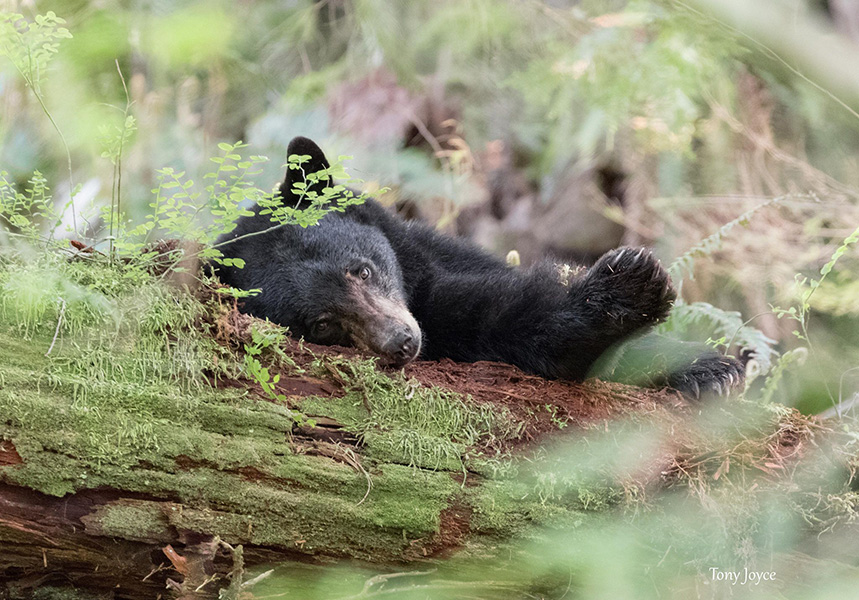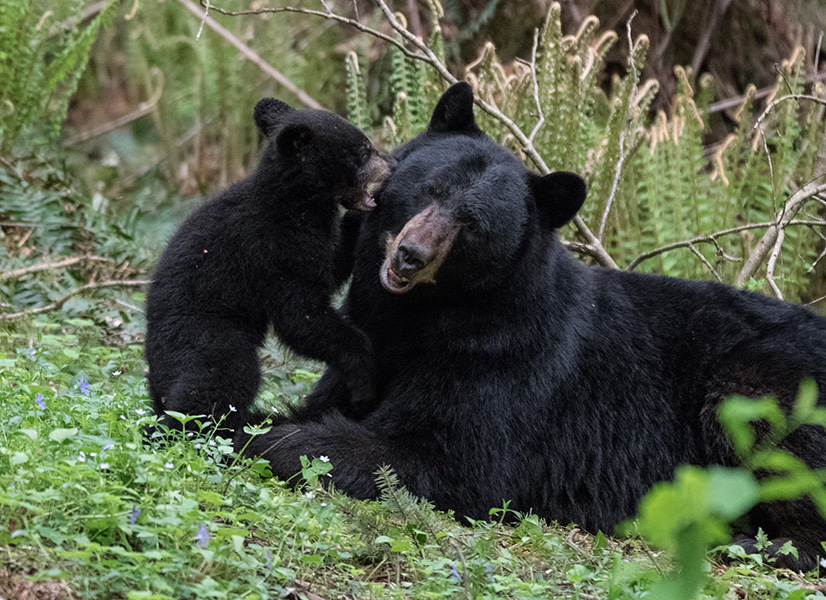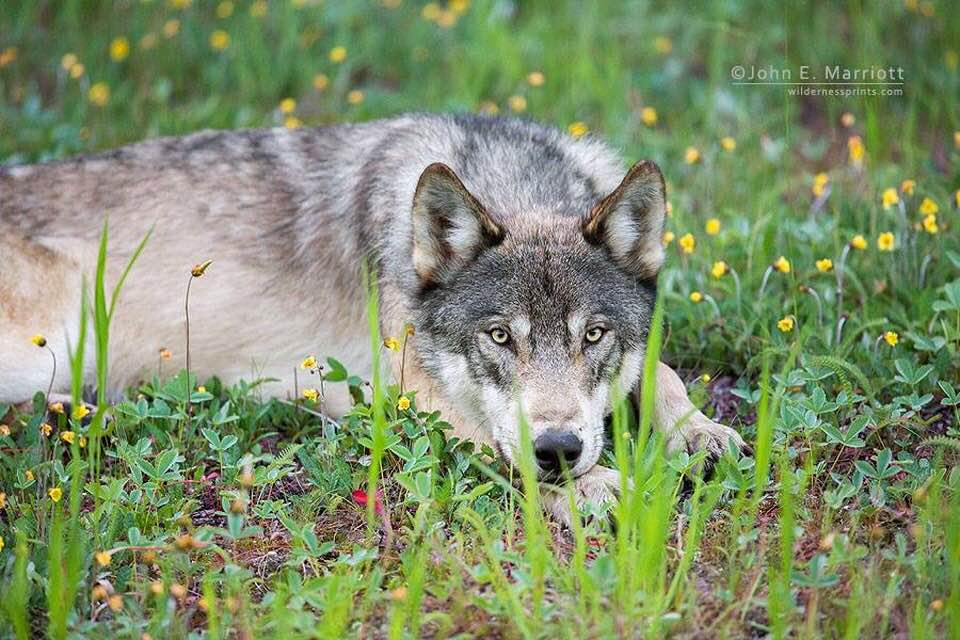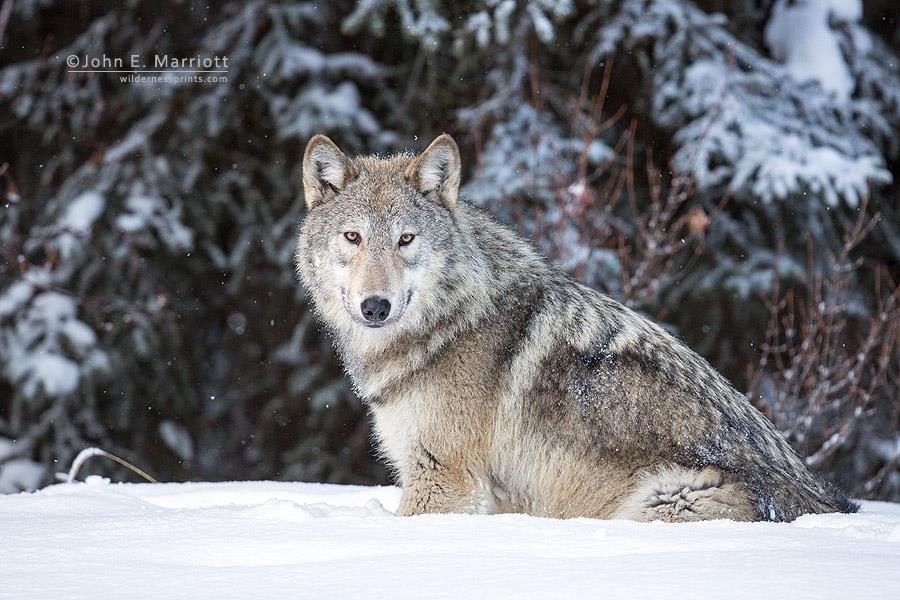Image: Marc Olivier Jodoin/Unsplash “If conservation only preserves wildlife numbers and bodies without tending to wildlife minds and societies, then it will fail.” Dr. Gay Bradshaw in Carnivore Minds: Who These Fearsome Animals Really Aretress —...
